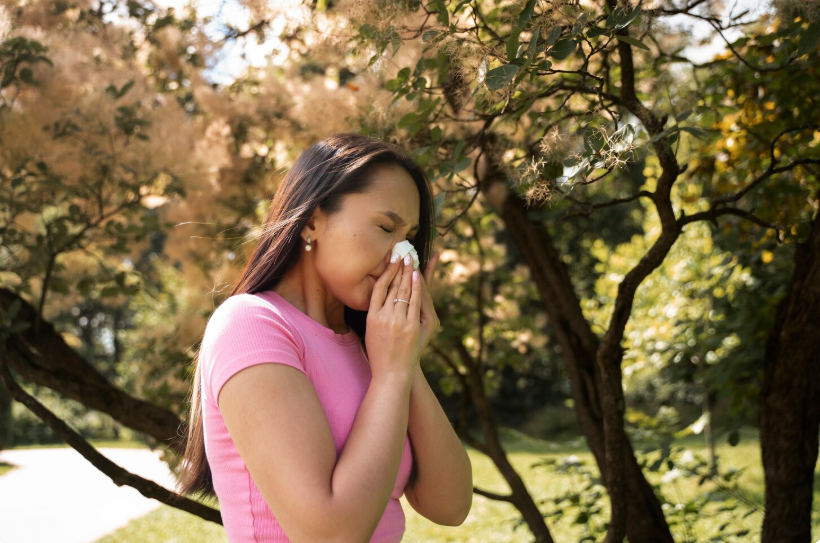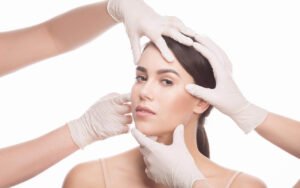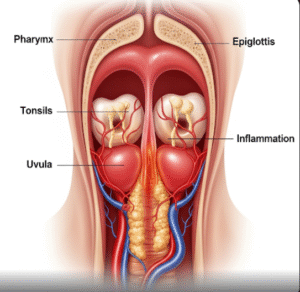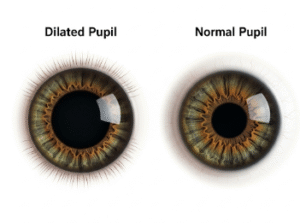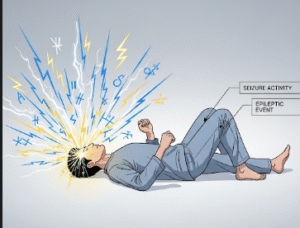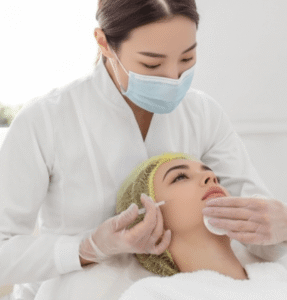Overview
Hay fever, or allergic rhinitis, is a widespread condition in Korea, particularly during spring and early summer when pollen levels peak. This guide provides comprehensive information for patients and caregivers to understand, prevent, and manage hay fever effectively in the Korean context.
What is Hay Fever?
Hay fever is an allergic reaction caused by the immune system overreacting to airborne allergens such as pollen, dust mites, mold, or pet dander. It affects both adults and children, leading to inflammation in the nose, eyes, and throat. The condition can be seasonal (occurring mainly in spring and autumn) or perennial (year-round).
Symptoms
- Sneezing, often in fits
- Runny or stuffy nose
- Itchy or watery eyes
- Itchy throat, ears, or palate
- Postnasal drip and mild coughing
- Fatigue or difficulty sleeping
- Headaches or sinus pressure
Causes
- Seasonal pollens from trees, grasses, and weeds
- Indoor allergens such as dust mites, mold, and pet dander
- Overactive immune system releasing histamines and other chemicals in response to allergens
- Environmental pollutants that can exacerbate allergic reactions
Risk Factors
- Family history of allergies or asthma
- Personal history of eczema or other allergic conditions
- Living in urban areas with high pollen or air pollution levels
- Exposure to allergens at schools, daycare centers, or workplaces
Complications
Untreated hay fever can lead to:
- Sinusitis and ear infections
- Asthma exacerbation
- Poor sleep quality and daytime fatigue
- Reduced concentration and productivity
- Chronic nasal inflammation
Prevention
- Monitor pollen forecasts and limit outdoor activity during high pollen periods
- Wear masks and sunglasses when outside during peak allergy seasons
- Keep windows and doors closed; use air purifiers indoors
- Wash hands, face, and hair after outdoor exposure
- Regular cleaning to minimize indoor allergens
- Early allergy testing to identify triggers
Treatment Options in Korea
Korean hospitals and clinics offer comprehensive care for hay fever, combining medical treatment with preventive strategies:
- Medications:
- Oral antihistamines to relieve sneezing and itching
- Nasal corticosteroid sprays to reduce inflammation
- Decongestants and eye drops for symptom relief
- Allergy Testing and Immunotherapy:
- Skin prick or blood tests identify specific allergens
- Allergen immunotherapy (shots or sublingual tablets) offered at Samsung Medical Center, Seoul National University Hospital, and Asan Medical Center
- Lifestyle Adjustments:
- Limiting exposure to identified allergens
- Using air purifiers and maintaining indoor cleanliness
- Follow-up Care:
- Regular check-ups with allergists to adjust treatment and monitor symptom progression
By combining medical treatment, environmental management, and preventive measures, patients in Korea can significantly reduce symptoms and enjoy a better quality of life during allergy seasons.

